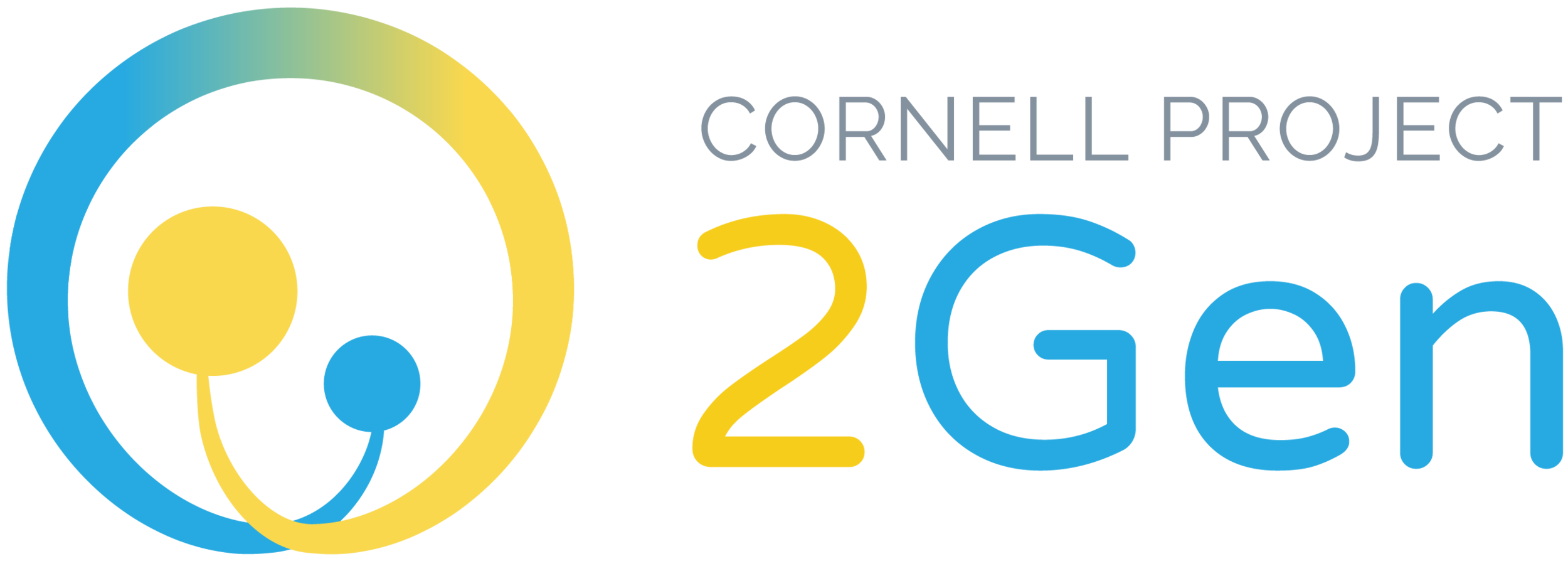Maureen Waller et al. examine how and why child support debt presents a variety of problems for low-income, non-custodial parents.
Read MoreAnna Haskins examines how paternal incarceration can be associated with less school-based involvement.
Read MoreMarianella Casasola and Ana Maria Cañas investigate how parents understand their role in their children’s cognitive development.
Read MoreChildren of undocumented immigrants experience severe disadvantages that impact future success and contributions to social and economic change. Schools can promote well-being by providing safe environments for child and parental engagement.
Read MoreThis report presents findings from seven sessions of the Strengthening Families Program conducted from 2014-2018 by Cornell Cooperative Extension-Tompkins County (CCETC) for parents with open child welfare cases participating in Family Treatment Court.
Read MoreThis brief highlights a variety of ways states are tackling the opioid epidemic using a whole-family approach
Read MoreNew York is increasing its two-generational approach to addressing poverty through a variety of programs overseen by the Office of Child and Family Services.
Read MoreThe overarching goal of the event was to create an opportunity for non-partisan, open dialogue about policy-relevant research that relates to issues facing vulnerable families in New York.
Read MoreA two-generation (2Gen) framework emphasizes the importance of considering the whole family when discussing prevention and treatment of opioid addiction.
Read MoreLisa McCabe, John Sipple, and Hope Castro examine childcare deserts and the unintended consequences of Universal Pre-K.
Read MoreMedicaid improves children’s health in the long term, improves education outcomes for children, and improves financial outcomes for children later in life.
Read More










